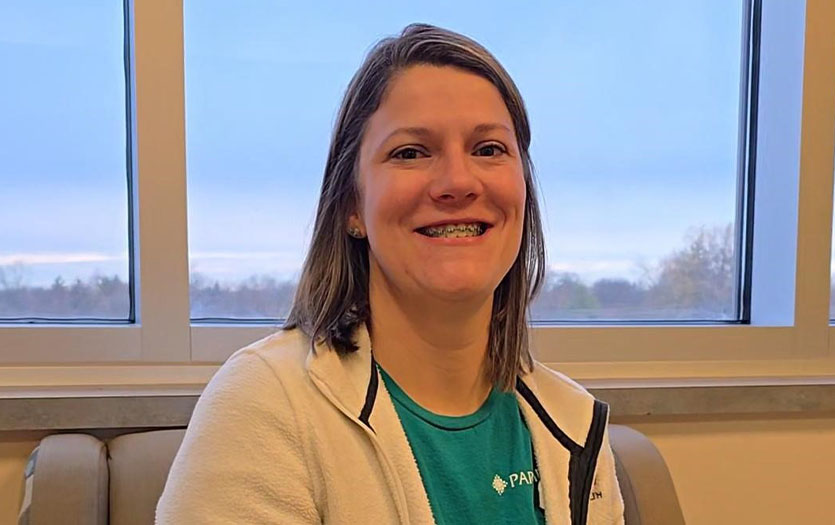Many people find themselves caring for their parents later in life. Often a decline in physical health prompts an increase in care, but as Alicia Elliott, PMHCNS, Psychiatric Mental Health Clinical Nurse Specialist, PPG – Psychiatry, explains, their mental health is just as concerning and important.
While depression is a concern for anyone at any age, it is a particularly worrisome concern in regard to the elderly. Twenty percent of adults 55 and older experience depression. Depression is a persistent sad or empty feeling. It can be accompanied by anxiety as well. Often, sleep is disturbed – either too little or too much. Weight loss can happen due to decreased appetite or there can be weight gain by overeating. Sometimes there are suicidal thoughts.
Many people have the misconception that depression is a normal part of aging. It’s not. Our elders may face widowhood, loss of function, loss of independence, or ongoing grieving. These things can lead to depression.
Depression in the elderly can actually affect health in other ways, too. It reduces an elderly person’s ability to heal and recuperate from other illnesses. This increases the likelihood of death from those illnesses. For that reason, if there is an elderly person you are concerned about, it is important to have them evaluated and treated.
There are things that older people can do that can improve quality of life. One way is to find ways to stay engaged with life. If a person is depressed, they may not want to do anything or see anyone. But isolation and disconnection only make depression worse. That’s why support matters. If someone cannot get out to visit, it’s a good idea to invite others in, or stay in touch by mail, phone, or social media via computer.
Caregivers of the elderly can help, too. They can schedule regular social activities to combat loneliness. Be gently insistent if plans are refused. Depressed people often feel better when around others. Another helpful thing to do is to prepare healthy meals. Poor diet can make depression worse, ensure that all medications are taken as directed. Remind the person to follow doctor’s orders about medication and to avoid alcohol, as it can both make the depression worse and have negative consequences by mixing with medication.
Knowing when to seek treatment is important. It’s just as effective in older adults as it is for younger people. Sometimes antidepressant medication can be helpful. Counseling with a trained therapist can help depression. Often a combination of the two is most helpful in relieving depression.
Navigating help is not something that you need to do alone. Parkview Behavioral Health provides a 24-hour hotline staffed by mental health professionals who can direct you to the appropriate care needed. If there is suicidal ideation, you should go to the emergency room to be evaluated right away. And for immediate assistance or for questions, please call the Parkview Behavioral Health’s HelpLine at 1-800-284-8439.




